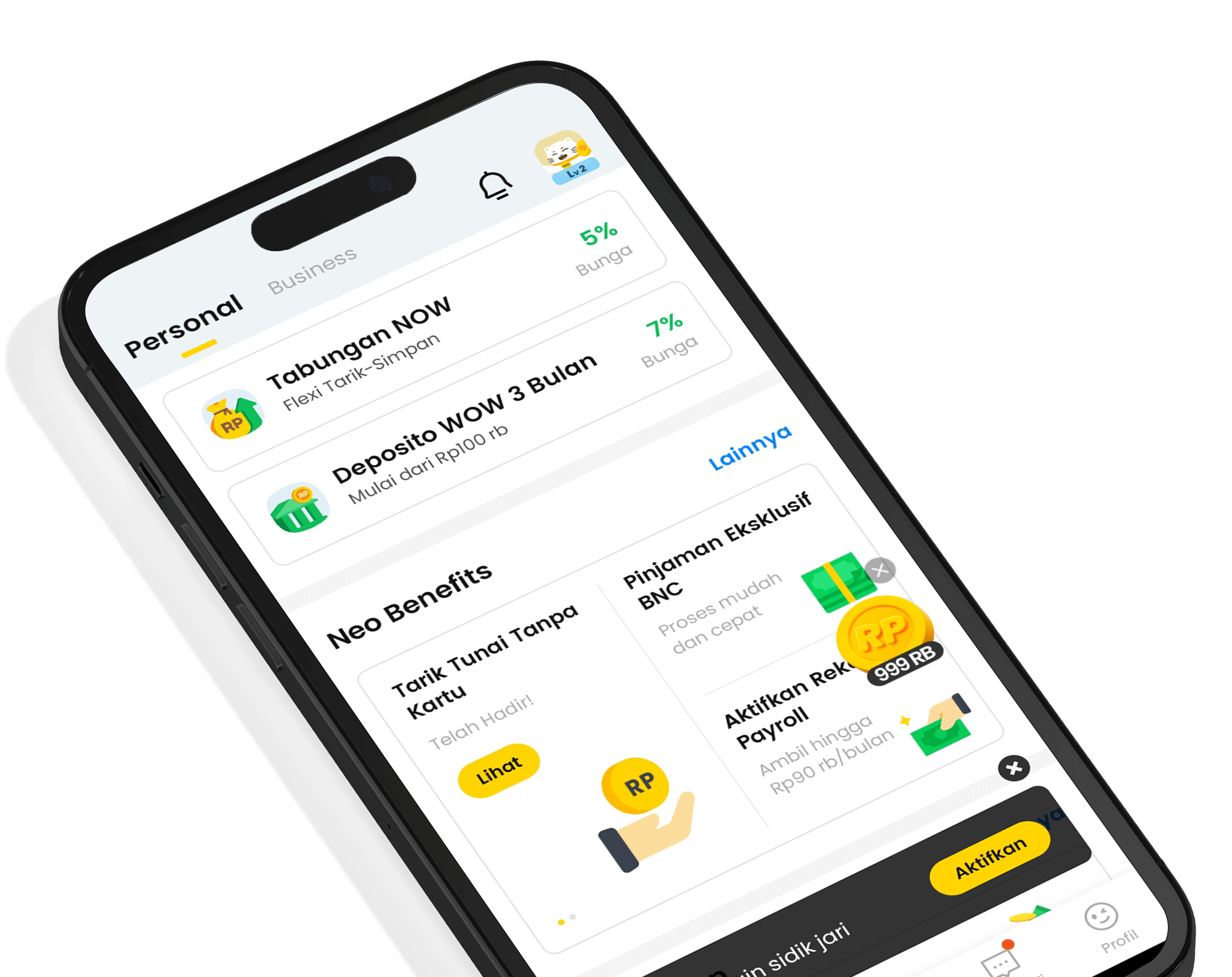
The enthusiasm of Indonesians in supporting the national football is immense, especially for matches held domestically. This high demand for stadium tickets opens opportunities for fraudsters to carry out scams.
One of the most common scams is the sale of fake tickets. This scam not only causes financial loss but also jeopardizes the security of bank accounts. Fraudsters often target personal data and banking information through this scheme.
Fake Ticket Scams Targeting Personal Data
Fraudsters selling fake tickets often use social engineering techniques to obtain victims’ personal information. Common methods include:
· Phishing via fake websites:
Fraudsters create websites that appear professional and legitimate, pretending to be authorized agents selling tickets for Indonesian national team matches. Victims visiting these sites are prompted to fill out detailed forms with personal data such as ID numbers, email addresses, and bank account information. This data is then used to drain accounts or commit other fraudulent transactions.
In some cases, after victims transfer money for tickets, fraudsters send a link or attachment via messages, leading to fake login pages mimicking banking or e-commerce websites. Unsuspecting victims who input their banking credentials or credit card details risk having their accounts accessed and drained by fraudsters.
· Offering cheap tickets via social media or WhatsApp:
Fraudsters often advertise tickets at extremely low prices on social media, through text messages (SMS), or in WhatsApp groups. After victims agree to purchase, they are asked to transfer money to a specified account. Worse still, victims may also be coerced into providing bank account details, allowing fraudsters to access funds directly.
How Do Fake Ticket Scams Drain Bank Accounts?
Fake ticket scams that involve draining bank accounts typically occur in several stages:
· Theft of personal and financial information:
By collecting personal or account data on fake websites, fraudsters gain access to exploit this information. They may transfer money without the victim's knowledge or shop using stolen credit card information.
· Misusing data for online transactions:
Fraudsters who acquire credit card details or banking credentials through fake sites can use this data to purchase goods or transfer money to other accounts.
· Malware installation:
In some cases, fraudsters embed malware or viruses in fake links or attachments. These malicious programs can access sensitive data from the victim’s device, such as banking account details, passwords, and other critical information.
How to Avoid Fake Ticket Scams
To prevent falling victim to fake ticket scams that could compromise your bank account, follow these steps:
1. Purchase tickets only from official sources
Always buy tickets from the official event organizer’s website or verified ticketing apps known for their security. Avoid purchasing tickets via social media or unfamiliar websites. Official sites usually offer secure payment systems.
2. Double-check website URLs
Carefully inspect the URL of the website where you plan to purchase tickets. Official sites typically use HTTPS protocols, indicating security. Avoid clicking suspicious links or links from unverified sources.
3. Be wary of cheap ticket offers
If a ticket price seems far lower than the official price, it is likely a scam. Fraudsters often lure victims with incredibly low prices to encourage hasty payments.
4. Do not share sensitive data on suspicious websites:
Never provide bank account details, credit card information, or other personal data on sites without clear authority or those that seem suspicious.
5. Use secure payment methods
Opt for secure and reliable payment methods, such as bank transfers with transaction protection systems or trusted online payment platforms. Avoid transferring money to personal accounts or using untraceable payment methods.
6. Activate security features for your bank account
Ensure your bank account is protected with a PIN, strong passwords, and two-factor authentication (2FA) for extra security when conducting online transactions.
What to Do If You Become a Victim?
If you suspect you’ve fallen victim to a fake ticket scam that compromised your bank account, take the following steps immediately:
1. Report to your bank
Contact your bank immediately to report the incident. They can help freeze transactions or take steps to secure your account.
2. Report to the authorities
File a fraud report with the police or consumer protection agency to assist in investigations and hold fraudsters accountable.
3. Review your bank account and transaction history
Regularly check your account activity and transaction history. If you notice any suspicious transactions, inform your bank and request further investigation.
Fake ticket scams disguised as sales of tickets for Indonesian national team matches can cause significant losses—not only the cost of tickets that victims never receive but also potential access to their bank accounts.
Therefore, always stay vigilant and ensure you purchase tickets only through official and trusted channels. By staying alert and following proper security measures, you can protect yourself from fraudsters looking to exploit you financially.
If you notice suspicious transactions, contact Bank Neo Commerce’s customer complaint services immediately
· Phone : 1500-190
· Email : customercare@bankneo.co.id
· Facebook : Bank Neo Commerce
· Instagram : @bankneocommerce
· Twitter : @bankneocommerce
· YouTube : Bank Neo Commerce
· LinkedIn : Bank Neo Commerce
***
PT Bank Neo Commerce Tbk is licensed and supervised by the Indonesia Financial Service Authority (OJK) and an insured member of Deposit Insurance Corporation (LPS).


